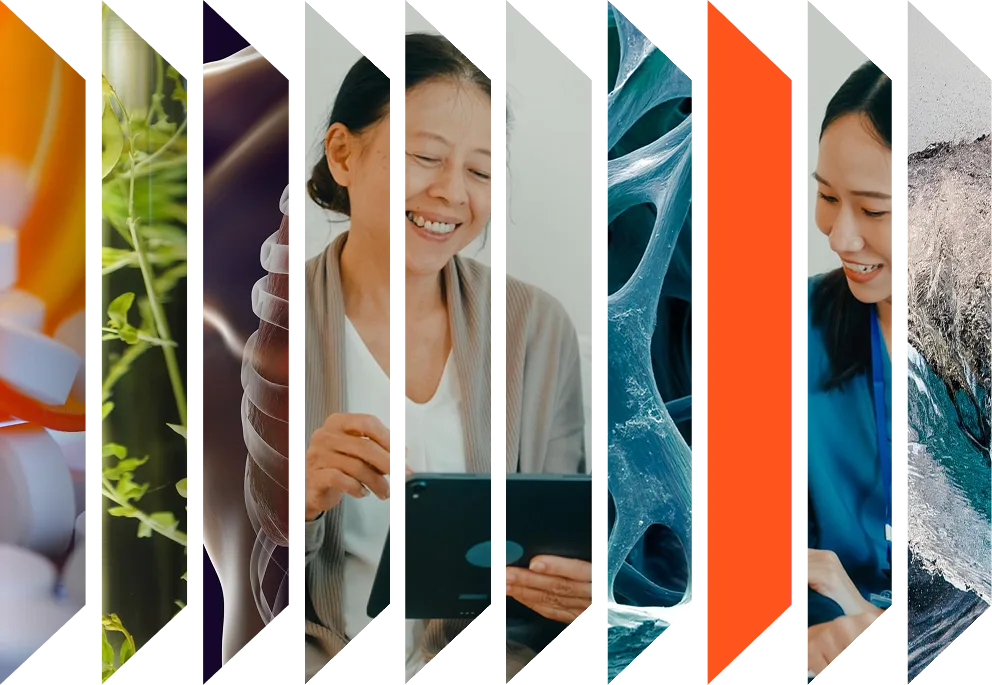Advance patient access to health information to drive optimal care

Today patients spend less time with their providers and are expected to self-manage much of their own care. This means the education they receive is invaluable for health management. Many patients and their caregivers face barriers which impact their health journey, including low health literacy, social determinants of health, and inconsistent clinical guidance. Since patients only recall about half the information shared during a visit1, patient education must be clear, consistent, actionable, and tailored to learning and communication preferences. This makes your education and engagement strategy vital to drive wellness and improve patient outcomes.










